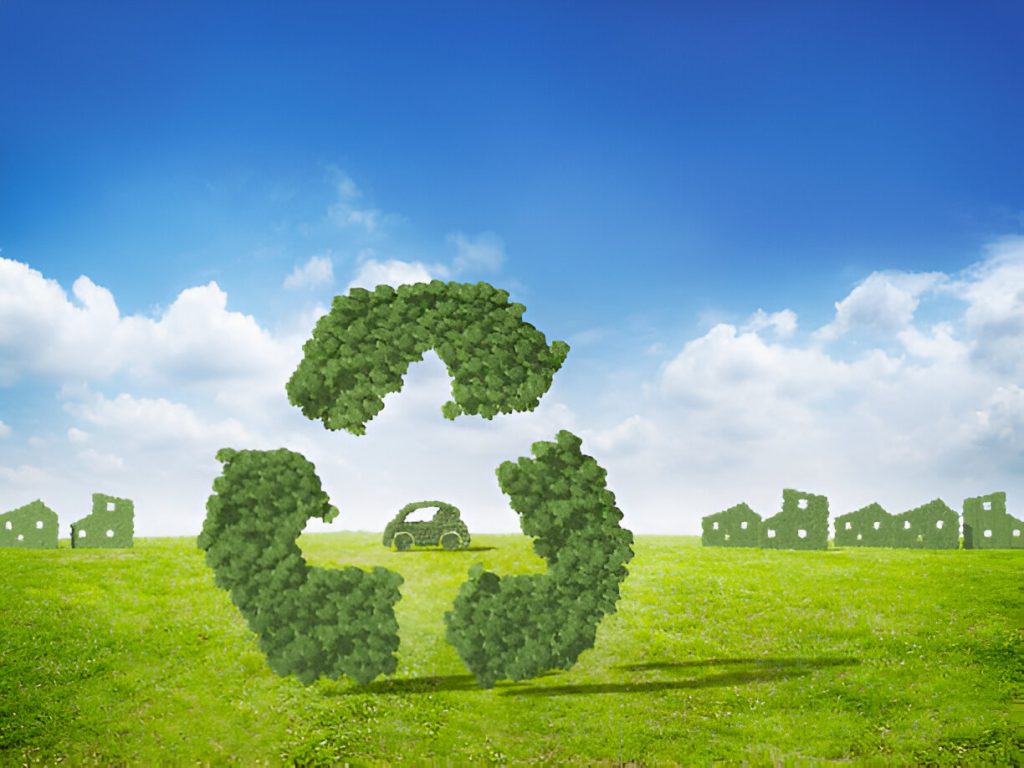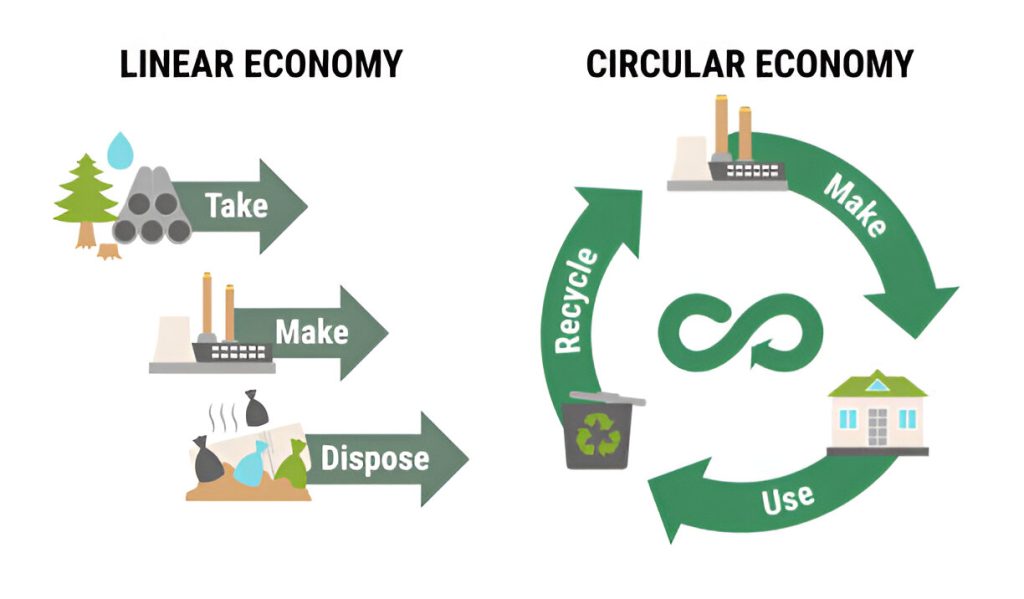Green Tech Revolution
By Muhammad Zakir Satti | Oct 21 , 2024

Introduction
The world is facing an unprecedented environmental crisis due to climate change, pollution and resource depletion. To address these critical challenges, a revolution in technology is underway, focusing on sustainable solutions that reduce our environmental impact. This green technology revolution is transforming industries, economies and societies, paving the way for a more sustainable and equitable future.
The Urgency of Green Technology
Climate change is one of the most important threats to our planet. Rising temperatures, extreme weather events and rising sea levels are already causing widespread damage. Burning of fossil fuels, deforestation and industrial activities are the main drivers of climate change. To reduce these impacts, we must transition to cleaner, renewable energy sources and reduce our carbon footprint. Pollution is another major environmental concern. Air, water and soil pollution can have serious consequences for human health and ecosystems. Industrial emissions, waste disposal, and agricultural practices increase pollution.
Adopting green technology can help reduce pollution and protect our environment. Lack of resources is also an important issue. Limited resources such as fossil fuels, minerals and water are being consumed at an unsustainable rate. Green technologies can help conserve resources and develop sustainable alternatives.

Renewable Energy
Renewable energy sources, such as solar, wind, hydro, geothermal, and biomass, offer a clean and sustainable alternative to fossil fuels. Solar and wind energy are among the fastest growing renewable energy sources. Solar panels convert sunlight into electricity, while wind turbines harness the power of the wind. Hydropower plants use the energy of flowing water to generate electricity. Geothermal energy taps heat from the Earth’s interior, while biomass energy is derived from organic matter. Adopting renewable energy has many benefits. It reduces greenhouse gas emissions, improves air quality, and creates jobs in the renewable energy sector. Additionally, renewable energy sources are often more reliable and flexible than fossil fuels, as they are not subject to price fluctuations or supply disruptions. 
Electric Vehicles
Electric vehicles (EVs) are another important component of the green tech revolution. EVs run on electricity rather than gasoline or diesel, resulting in significantly lower emissions. As battery technology improves and charging infrastructure expands, EVs are becoming more affordable and accessible. The transition to EVs has several environmental benefits. It reduces air pollution, reduces greenhouse gas emissions, and reduces dependence on fossil fuels. Additionally, EVs are quieter and require less maintenance than conventional vehicles. 
Sustainable Agriculture
Sustainable agriculture practices focus on food production while minimizing environmental impact. These practices include organic farming, health agriculture, and regenerative agriculture. Organic farming avoids the use of synthetic pesticides and fertilizers, while precision agriculture uses technology to improve crop yields and reduce waste. Regenerative agriculture aims to improve soil health, biodiversity, and water retention.
Sustainable agriculture has many benefits. It reduces soil erosion, protects water quality, and promotes biodiversity. Additionally, sustainable agriculture can improve food security and nutrition. 
Green Buildings
Green building practice focuses on designing and constructing buildings that are environmentally friendly and energy efficient. Green buildings include energy efficient appliances, renewable energy sources and sustainable materials. They also prioritize water conservation, waste reduction, and indoor air quality.
Green buildings have many benefits. They reduce energy consumption, reduce greenhouse gas emissions, and improve occupant health and well-being. Additionally, green buildings can increase property values and attract tenants. 
Circular Economy
A circular economy is a model of economic activity that aims to reduce waste and conserve resources. This includes designing products to be durable, reusable, and recyclable. It also promotes recycling and waste reduction programs.
A circular economy has many benefits. It reduces waste, conserves resources, and creates jobs in the recycling and reuse industries. Furthermore, a circular economy can contribute to a more sustainable and equitable future.

Challenges and Opportunities
Despite significant advances in green technology, there are still challenges to overcome. These challenges include the high costs of renewable energy technologies, lack of infrastructure for electric vehicles, and resistance to change from traditional industries. However, there are also significant opportunities for growth and innovation in the Greentech sector. Government policies, investments, and technological advances are driving the adoption of green technologies. As the benefits of green technology become more apparent, it is expected to play an increasingly important role in addressing the world’s environmental challenges.
Conclusion
The movement, towards technology is a response to the pressing environmental issues that our planet is currently facing today as we shift towards renewable energy sources and embrace electric vehicles alongside promoting sustainable agriculture practices and constructing eco-friendly buildings all while advocating for a circular economy model in order to pave the way, for a more sustainable and fair future ahead of us.

Muhammad Zakir Satti
Muhammad Zakir Satti is a blogger who loves to talk about Education, Technology, Philosophical Thoughts, and Culture. Come along with him on a fun journey where you can explore and discover cool stuff in these topics. Get ready for a great time diving into education, tech, philosophy, and culture with him!
In the digital age, social media is a powerful tool that, when used correctly, can take personal brands and businesses to new heights. By defining clear goals, understanding your audience, creating great content, and actively engaging with your community, you can build a strong and influential presence on social media. Adapt, experiment, and leverage the power of social media to foster connections, drive growth, and achieve success in the digital realm.
Related Post

Posted On 09 December 2023 By Muhammad Zakir Satti

Posted On 09 December 2023 By Muhammad Zakir Satti

Posted On 09 December 2023 By Muhammad Zakir Satti
